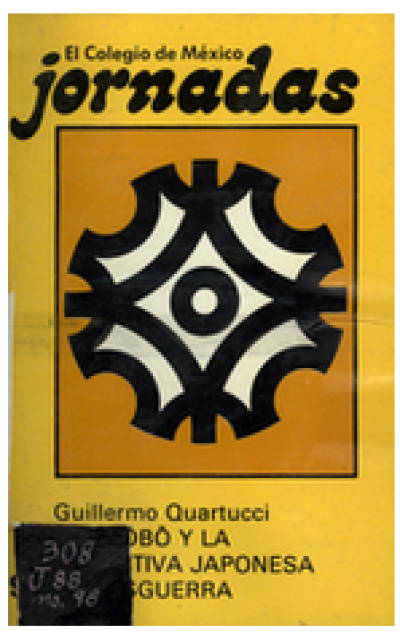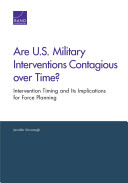Author
Basseuner; Kurt W. ; Kauzlarich; Richard ; Oliker; Olga ; Dobbins; James ; Sampler; Donald L.
Year
2004
Publisher
RAND Corporation
Language
English
Pages
5
ISBN
978-0-83303-640-7
Last Update
30-Sep-2024
Keywords
Political Science
The broad international humanitarian assistance effort in Afghanistan during the initial stages of Operation Enduring Freedom (OEF), from October 2001 to June 2002, was generally successful. A major—and anticipated—catastrophe was averted by the hard work of many actors, governmental and nongovernmental, civilian and military. Refugee flows were handled effectively, food was delivered to the hungry, and the first steps were taken toward stabilizing a country that had endured decades of war. But the overall success does not mean that the process could not have been improved or that there were not difficulties along the way. The perennial questions...
Related
See More
The Glasgow Sugar Aristocracy

Abe Kobo y la narrativa japonesa de posguerra, ,

Are U.S. Military Interventions Contagious over Time?, Intervention Timing and Its Implications for Force Planning

Designing a System for Collecting Policy-Relevant Data for the Kurdistan Region—Iraq

Debating Women

The Disabled Child